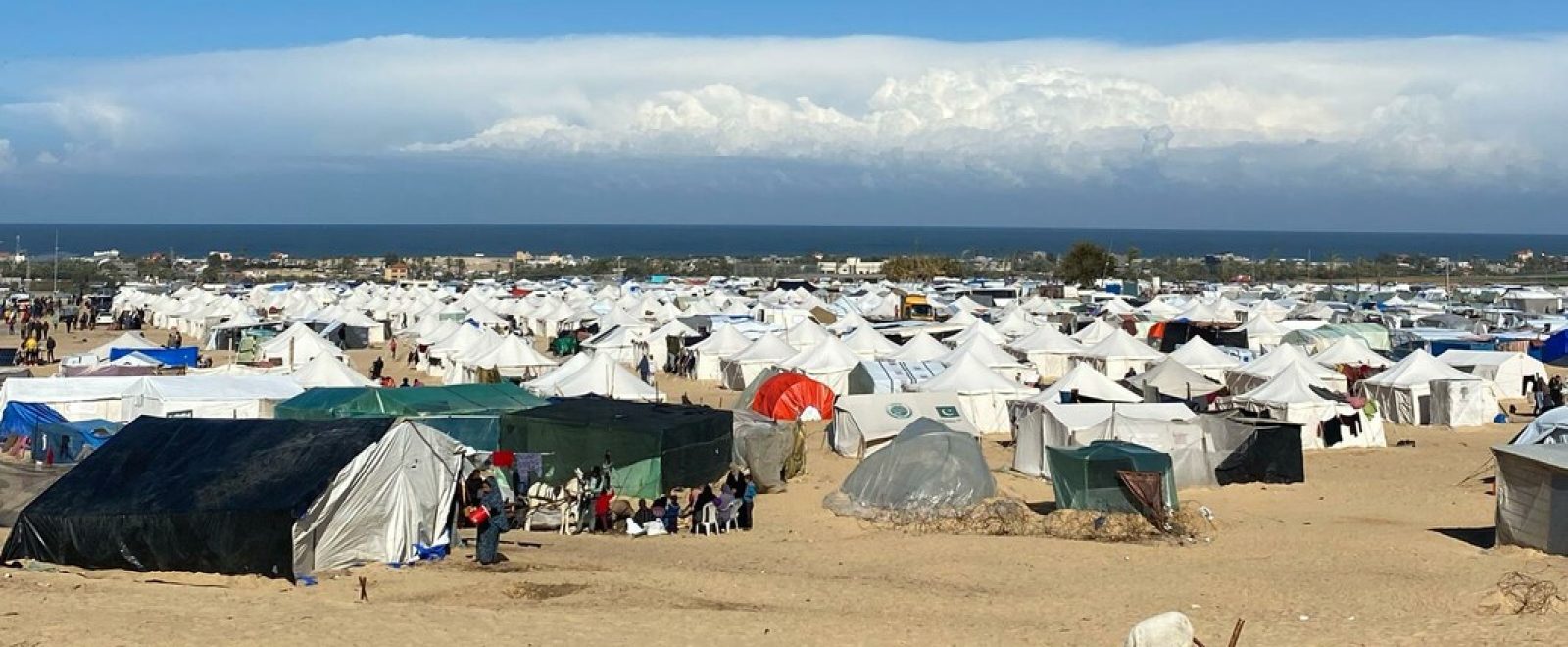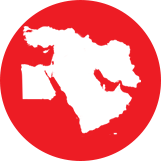The latest humanitarian snapshot report from NGOs operating in Gaza has revealed dire conditions and overwhelming obstacles impeding aid efforts in the region. The report, covering the period from 13 to 29 July 2024, details the escalating humanitarian crisis faced by the 2.1 million Palestinians living in Gaza.
Key Findings
- Casualties and Injuries: As of 29 July, 39,363 Palestinians have been reported killed, with nearly 91,000 injured. Thousands remain buried under rubble and are presumed dead.
- Forced Displacement: Approximately 86% of Gaza is under “evacuation orders,” forcing Palestinians to seek shelter in the remaining 14% of the Strip.
- Food and Water Insecurity: Nearly half a million people are experiencing catastrophic levels of food insecurity. Water availability has decreased by 94% compared to pre-October levels.
- Attacks on Humanitarian Workers: Since October 2023, 278 humanitarian aid workers have been killed. Recent attacks have also targeted UN and NGO convoys and shelters, severely impacting aid delivery.
The report highlights several critical incidents that have exacerbated the humanitarian situation:
- On 21 July, Israeli forces fired on a marked UN convoy in Gaza City. Similar attacks occurred on 23 July against UNICEF convoys.
- Between 22 and 27 July, evacuation orders displaced around 200,000 people from Khan Younis and another 12,600 from Deir al Balah camps.
- On 26 July, the main drinking water source in Rafah was bombed, and on 27 July, an airstrike on a girls’ school in Deir al Balah killed at least 30 people.
Humanitarian Access Constraints:
- Blockade and Siege: The Israeli blockade, including restrictions on electricity, food, water, and fuel, continues to hinder aid efforts. The severe lack of materials and fuel shortages are impacting the maintenance of essential infrastructure and services.
- Intense Hostilities: Ongoing military operations and airstrikes in densely populated areas, including designated humanitarian zones, pose significant risks to civilians and aid workers alike.
- Movement Restrictions: Border closures and administrative barriers prevent effective delivery of medical services and rehabilitation of critical infrastructure.
- Public Order Breakdown: Attacks on civilian police and the destruction of infrastructure have led to increased insecurity, complicating aid delivery further.
This is the first time I find myself unable to offer help to others. It pains me as an aid worker that I can’t do much for others. In all past escalations, I would still go out and serve those who needed help.”
Salma Altaweel, NRC Support Manager in Gaza City
“No goods are crossing into Gaza via Kerem Shalom because the unloading zone has been full for weeks. Collection is not possible due to high insecurity, lawlessness, and bombardments.”
Mercy Corps representative
There is now an urgent need for the international community to intervene and provide substantial support to address the humanitarian crisis in Gaza. We demand the immediate lifting of the blockade on Gaza, protection of humanitarian workers, and immediate access to essential supplies and services for the people of Gaza so we can properly support our partners who are, against all odds, still providing lifesaving care amongst one of the worst humanitarian crises in the world.
Read the full report here.
ENDS
For media requests, please contact the ActionAid press office at uk.media@actionaid.org or on 07753 973 486.
Spokespeople are available.
About ActionAid
ActionAid is a global federation working with more than 41 million people living in more than 71 of the world’s poorest countries. We want to see a just, fair, and sustainable world, in which everybody enjoys the right to a life of dignity, and freedom from poverty and oppression. We work to achieve social justice and gender equality and to eradicate poverty.


